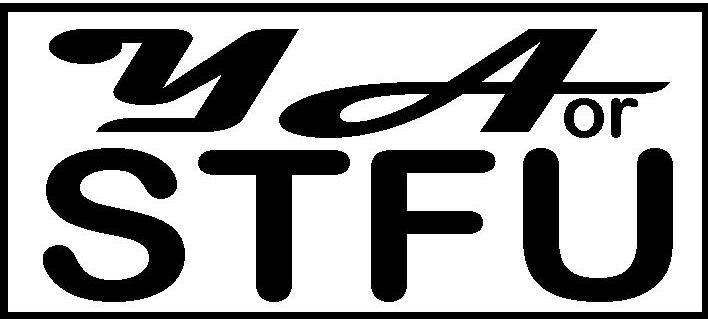Young Adult Literature without Apology
Amy's assessment of contemporary young adult literature, organized by author and title, censored by noone.
Realistic | Romance | Science Fiction | Historical Fiction | Fantasy | Horror | Mystery
Bloor, Edward (2006). London Calling. NY: Knopf. ISBN: 0375836357.
Edward Bloor's novels are always challenging in some way; either they lead a reader through such plot twists and turns that it becomes difficult (though not impossible and always enjoyable) to remember where the story started, or they incorporate a rather obvious but deeply cynical bit of social criticism. London Calling, too, is a difficult story; however, its use of fantasy and historical fiction tropes make it a much less grim exploration. Martin, age thirteen, is not happy at the exclusive private Catholic school he attends for free because his mother is employed in the office. The few scholarship students are looked down upon and the student body is effectively controlled by a group of jock-bullies led by a decendant of one of the school's great alumni, a World War II hero for whom the school is erecting a great statue. During the summer between seventh and eighth grade, Martin's grandmother wills him an antique radio that he discovers facilitates his passage through time. Though uncertain exactly how to control the device, Martin succumbs to the call of Jimmy, a young boy in London during World War II. While visiting the past, Martin uncovers some secrets about the supposed hero alum worshipped by his schoolmates.
Though the time-travel-to-World-War-II-times seems like a common trope, that Martin is brought back to London during the Blitz and prior to U.S. involvement in the war allows for a distinctly different perspective (and a not as flattering
one) on The War than is usually provided in YA and children's lit. devoted to historical discussions of the time. A
secondary plot line involving Martin's relationship with his alcoholic father and a thematic discussion of responsibility
to the world (sounds heavy, but its presented in not-too dramatic a fashion) extend the narrative. This is an easier
novel to read than Bloor's <i>Tangerine</i> and <i>Crusader</i> and decidedly less cynical than Story Time.
